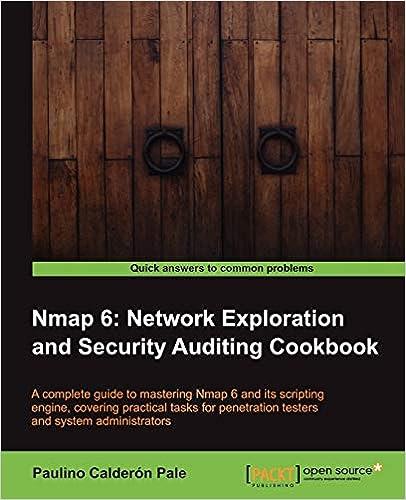Question
Part A Integrative case 1.1 introduced the industry economics of coffee shops and the business strategy of Starbucks to compete in this industry. Exhibit 1.26
Part A
Integrative case 1.1 introduced the industry economics of coffee shops and the business strategy of Starbucks to compete in this industry. Exhibit 1.26 presents balance sheets for Starbucks for the years ending 2009 - 2012. Exhibit 1.27 presents its income statements and Exhibit 1.28 presents the statement of cash flows for the same years. Exhibit 1.29 presents common-size balance sheets and Exhibit 1.30 presents common-size income statements for Starbucks. Before beginning preparation of Integrative Case 4.1, we recommend that you review Integrative Case 1.1 in Chapter 1. Part A of Integrative Case 4.1 analyzes changes in the profitability of Starbucks.
Required
a. Exhibit 4.43 presents profitability ratios for Starbucks for fiscals 2010 and 2011. Using the financial statement data in Exhibits 1.26 and 1.27, compute the values of these ratios for fiscal 2012. The income tax rate is 35%. For accounts receivable turnover, use only specialty revenues for the numerator because the accounts receivable are primarily related to licensing and food service operations, no the retail operations. Use cost of sales, including occupancy costs, for the numerator of the inventory turnover, because Starbucks does not disclose separately the cost of products (the appropriate numerator) and occupancy costs.
b. What are the most important reasons for Starbucks' ROA fluctuation during the three-year period? Analyze the financial ratios to the maximum depth possible with the information given. Using the nomenclature from the schematic in Exhibit 4.21 (page 298) Exhibit 4.44 (Page 320) provides information for analyzing profitability at Level 1, Level 2, and Level 3. Exhibit 4.44 presents additional information for Starbucks at a business segment level to permit analysis at Level 4. Differences between the sum of segment expenses and total expenses reflect corporate-level expenses not allocated to the individual segments. Additionally, if necessary, access Starbuck's annual report or form 10-k, which you should be able to access at the company's investor relations website.
c. What are the most important reasons for Starbucks ROCE fluctuation during the three-year period?




Step by Step Solution
There are 3 Steps involved in it
Step: 1

Get Instant Access to Expert-Tailored Solutions
See step-by-step solutions with expert insights and AI powered tools for academic success
Step: 2

Step: 3

Ace Your Homework with AI
Get the answers you need in no time with our AI-driven, step-by-step assistance
Get Started


